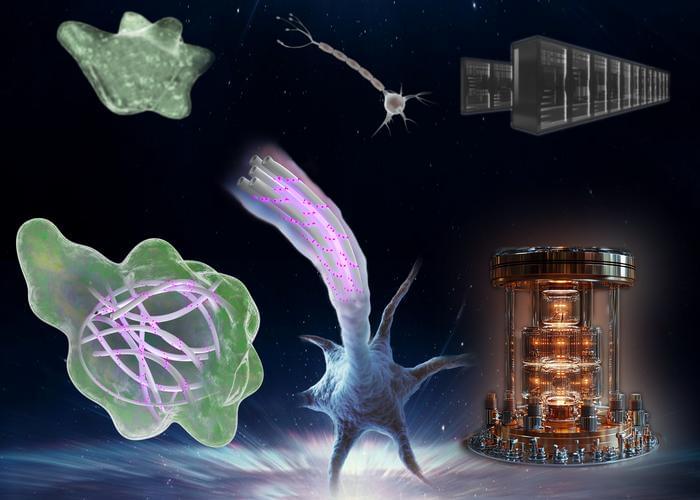Elon Musk Neuralink Implant: Neuralink’s Blindsight was designated as a ‘breakthrough device’ by the US FDA last year.


D-Wave Quantum Inc has deployed its hybrid approach to solve optimization problems and drug discovery hurdles in separate projects.
Qudit-based quantum computers simulate 2D quantum electrodynamics, revealing magnetic fields and particle interactions in new detail.
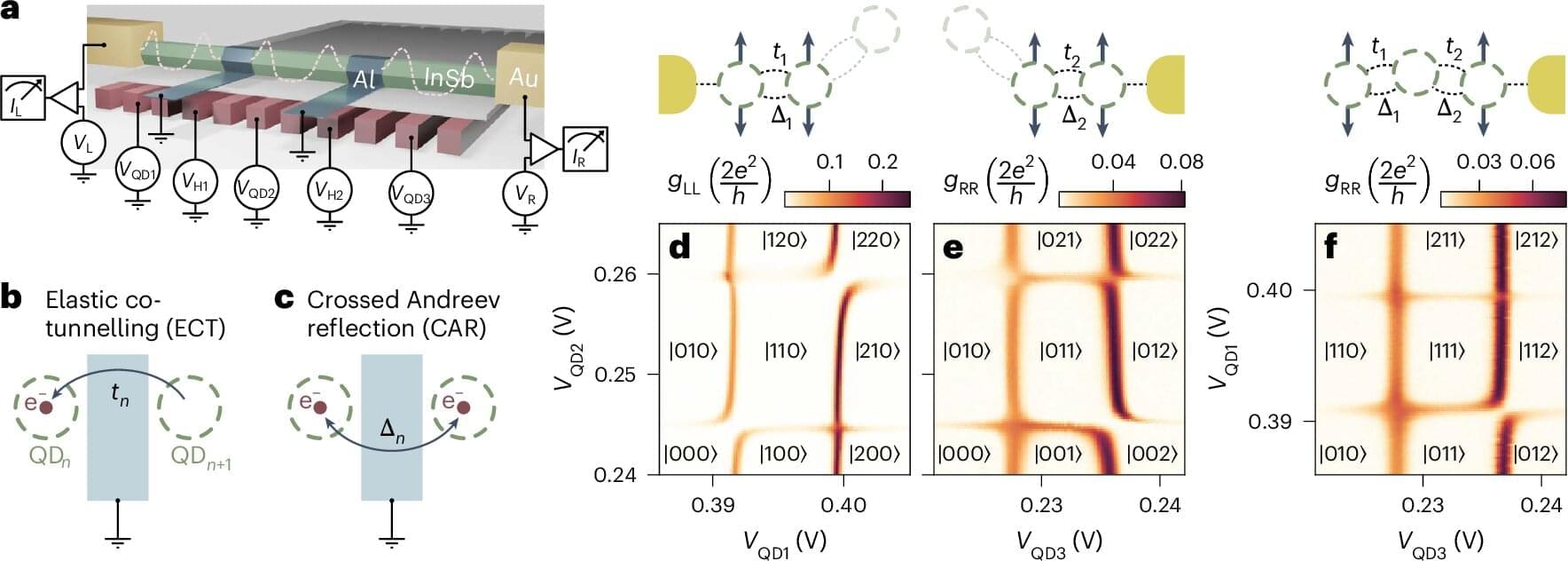
A study, “Enhanced Majorana stability in a three-site Kitaev chain,” published in Nature Nanotechnology demonstrates significantly enhanced stability of Majorana zero modes (MZMs) in engineered quantum systems.
This research, conducted by a team from the University of Oxford, Delft University of Technology, Eindhoven University of Technology, and Quantum Machines, represents a major step towards fault-tolerant quantum computing.
Majorana zero modes (MZMs) are exotic quasiparticles that are theoretically immune to environmental disturbances that cause decoherence in conventional qubits. This inherent stability makes them promising candidates for building robust quantum computers. However, achieving sufficiently stable MZMs has been a persistent challenge due to imperfections in traditional materials.

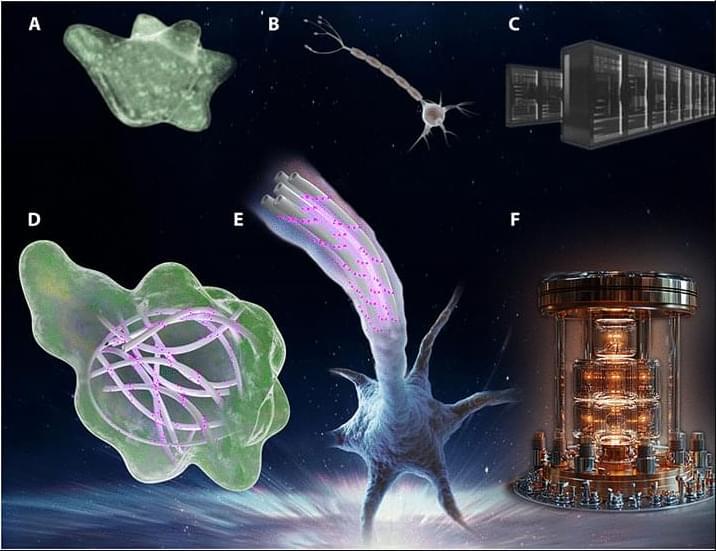
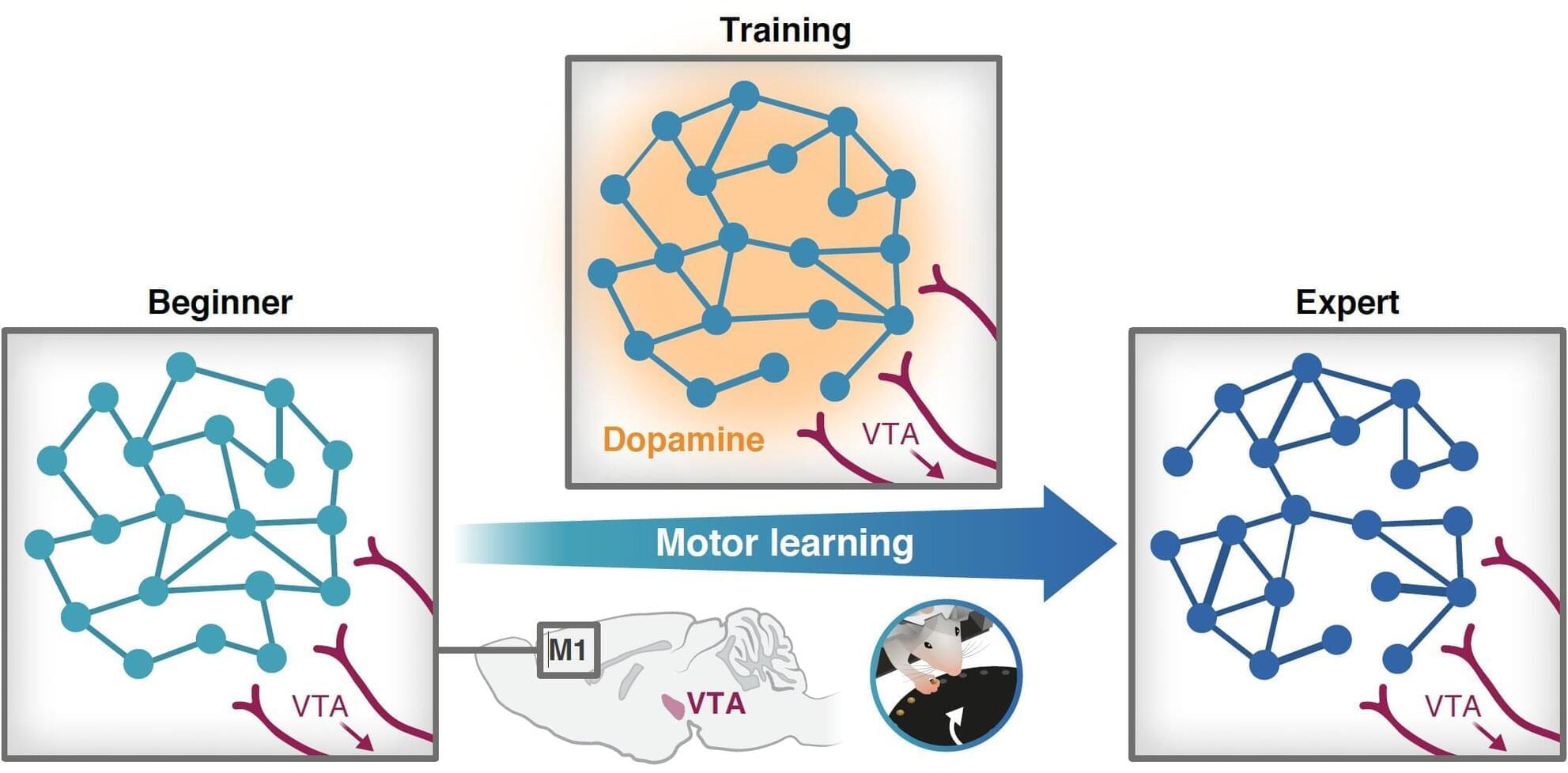
A new interdisciplinary study by researchers from the Ruth and Bruce Rappaport Faculty of Medicine and the Andrew and Erna Viterbi Faculty of Electrical and Computer Engineering at the Technion reveals a surprising insight: local release of dopamine—a molecule best known for its role in the brain’s reward system—is a key factor in acquiring new motor skills
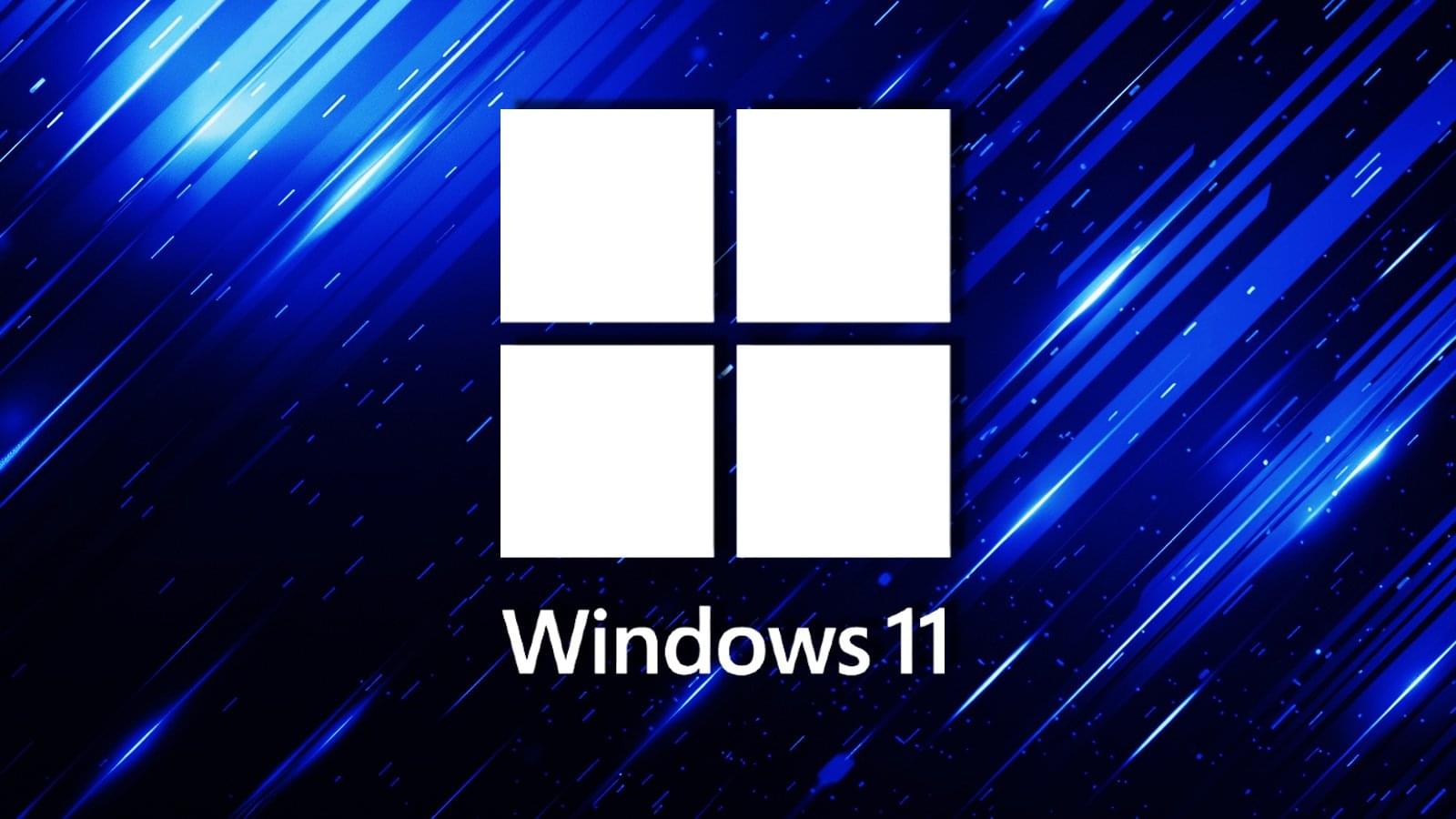
A previously unknown trick lets you easily bypass using a Microsoft Account in Windows 11, just as Microsoft tries to make it harder to use local accounts.
Since the release of Windows 11, Microsoft has been increasingly closing loopholes and making it harder to use a local account in the operating system.
Instead, the company wants you to use a Microsoft Account, as many operating system features rely on cloud-based services.
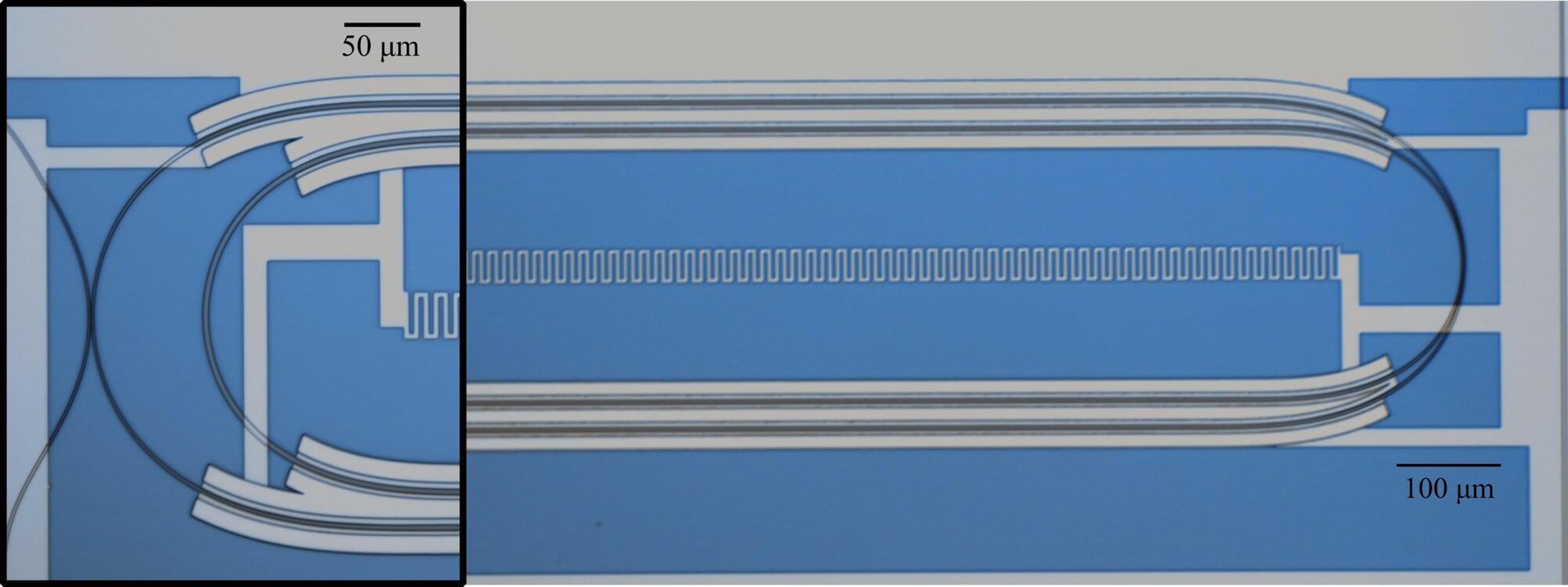
Applied physicists at the Harvard John A. Paulson School of Engineering and Applied Sciences (SEAS) have created a photon router that could plug into quantum networks to create robust optical interfaces for noise-sensitive microwave quantum computers.
The breakthrough is a crucial step toward someday realizing modular, distributed quantum computing networks that leverage existing telecommunications infrastructure. Comprising millions of miles of optical fiber, today’s fiber-optic networks send information between computing clusters as pulses of light, or photons, all around the world in the blink of an eye.
Led by Marko Lončar, the Tiantsai Lin Professor of Electrical Engineering and Applied Physics at SEAS, the team has created a microwave-optical quantum transducer, a device designed for quantum processing systems that use superconducting microwave qubits as their smallest units of operation (analogous to the 1s and 0s of classical bits).
